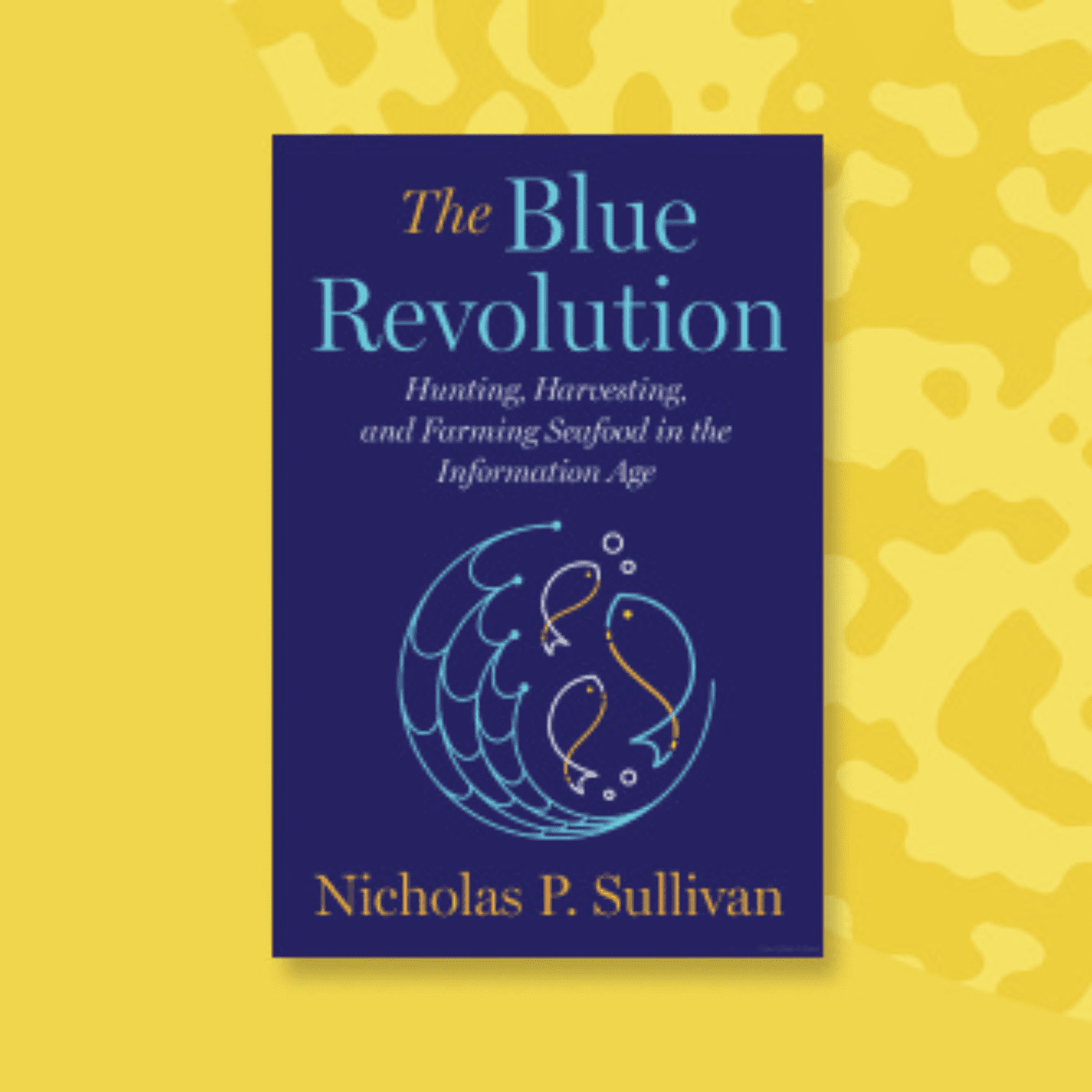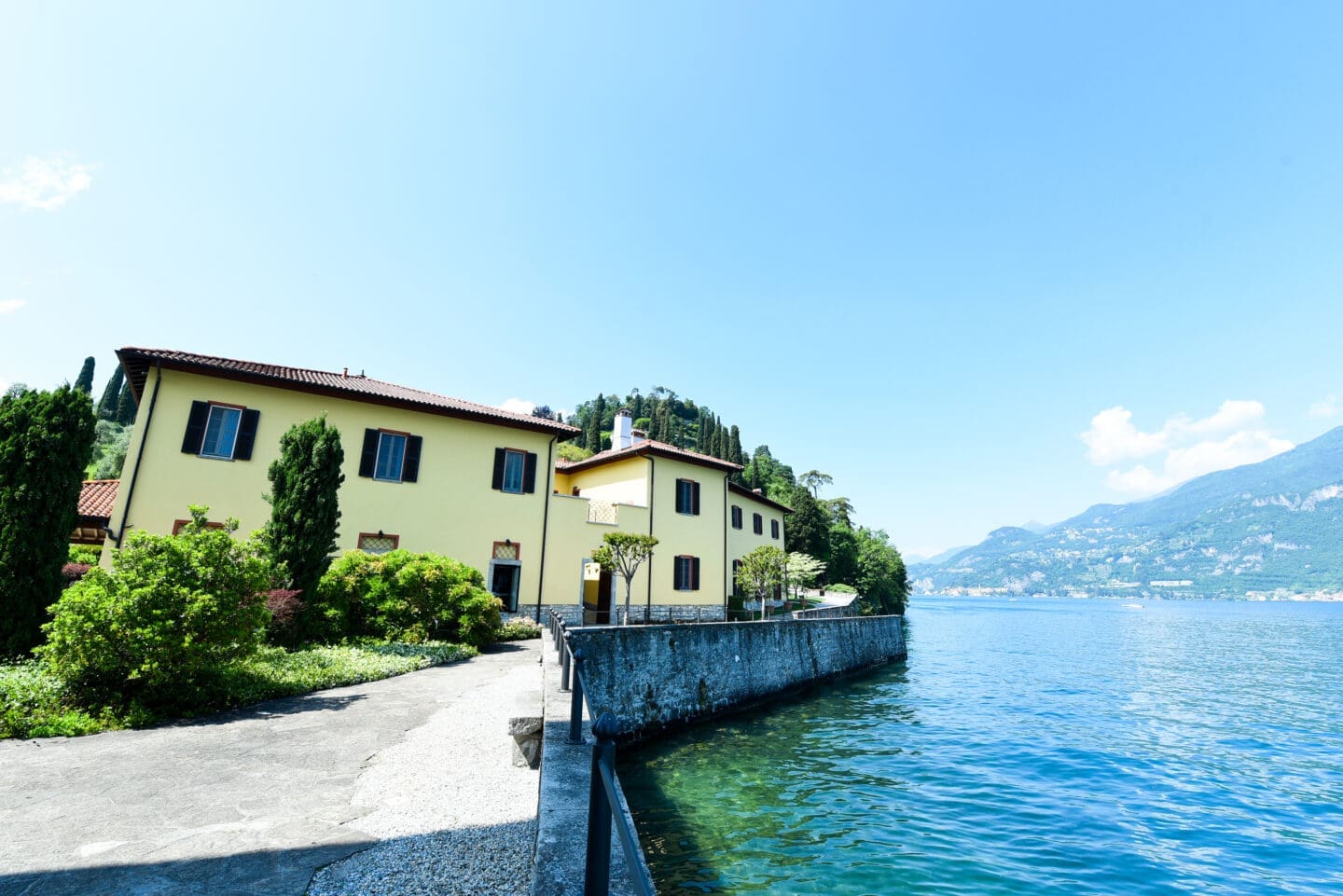Nicholas is a two-time Bellagio Center resident, participating in 2011 and 2019. In his more recent residency, Nicholas worked on The Blue Revolution: Hunting, Harvesting, and Farming Seafood in the Information Age. He is a writer and editor focusing on the impact of business and technology on international development.

A few words from Nicholas:
“I dedicated my time at Bellagio to writing and researching this book. During this time I adapted a global perspective, which deepened the book’s concepts. I ultimately focused on Northwest U.S. fisheries, but Bellagio provided a new vantage point for my writing.”
A Quote from The Blue Revolution:
“The Blue Revolution of the 1980s, which followed the agricultural Green Revolution that started in the 1960s, was largely an Asian phenomenon that focused on doubling production of farmed freshwater fish, such as carp and tilapia. Over the last two decades the Blue Revolution has spread around the world and moved into a new phase–increasingly focused on marine species and increasingly dependent on digital tools and new technologies for both wild-capture and farmed seafood. This transformation of seafood production represents a dramatic pullback from the relentless industrial hunting of fish that started after World War II and peaked in the 1990s, and the industrial farming of fish that began in earnest in the 1990s.”
Synopsis:
Overfishing. For the world’s oceans, it’s long been a worrisome problem with few answers. Many of the global fish stocks are at a dangerous tipping point, some spiraling toward extinction. But as older fishing fleets retire and new technologies develop, a better, more sustainable way to farm this popular protein has emerged to profoundly shift the balance. The Blue Revolution tells the story of the recent transformation of commercial fishing: an encouraging change from maximizing volume through unrestrained wild hunting to maximizing value through controlled harvesting and farming. Entrepreneurs applying newer, smarter technologies are modernizing fisheries in unprecedented ways. In many parts of the world, the seafood on our plates is increasingly the product of smart decisions about ecosystems, waste, efficiency, transparency, and quality.
Nicholas P. Sullivan presents this new way of thinking about fish, food, and oceans by profiling the people and policies transforming an aging industry into one that is “post-industrial”—fueled by “sea-foodies” and locavores interested in sustainable, traceable, quality seafood. Catch quotas can work when local fishers feel they have a stake in the outcome; shellfish farming requires zero inputs and restores nearshore ecosystems; new markets are developing for kelp products, as well as unloved and “underutilized” fish species. Sullivan shows how the practices of thirty years ago that perpetuated an overfishing crisis are rapidly changing. In the book’s final chapters, Sullivan discusses the global challenges to preserving healthy oceans, including conservation mechanisms, the impact of climate change, and unregulated and criminal fishing in international waters.
In a fast-growing world where more people are eating more fish than ever before, The Blue Revolution brings encouraging news for conservationists and seafood lovers about the transformation of an industry historically averse to change, and it presents fresh inspiration for entrepreneurs and investors eager for new opportunities in a blue-green economy.
Explore More
Read a review of The Blue Revolution in Science magazine.
Related
